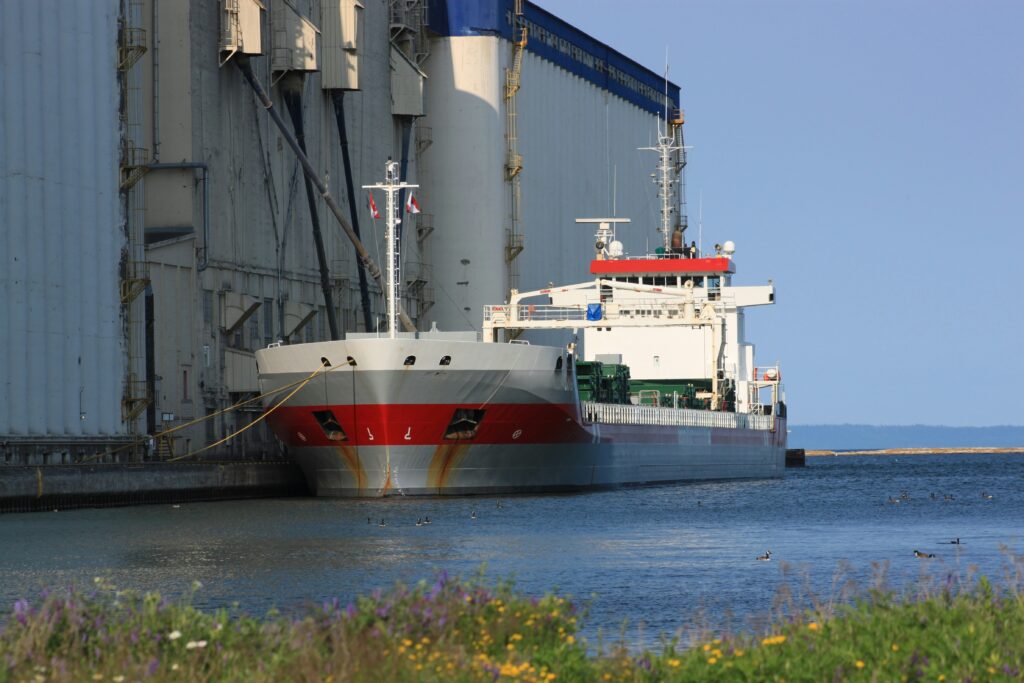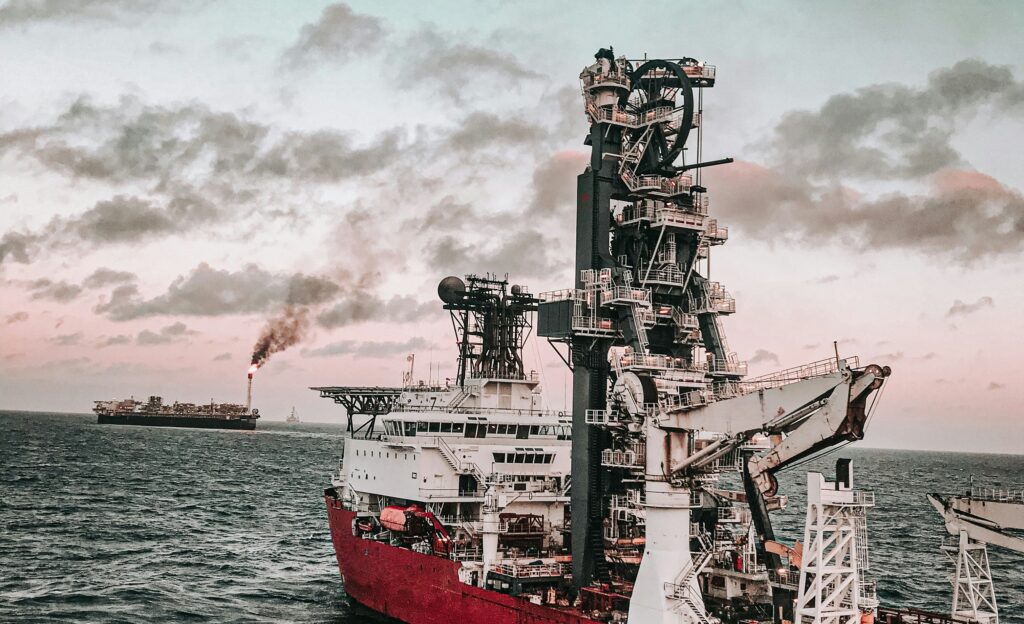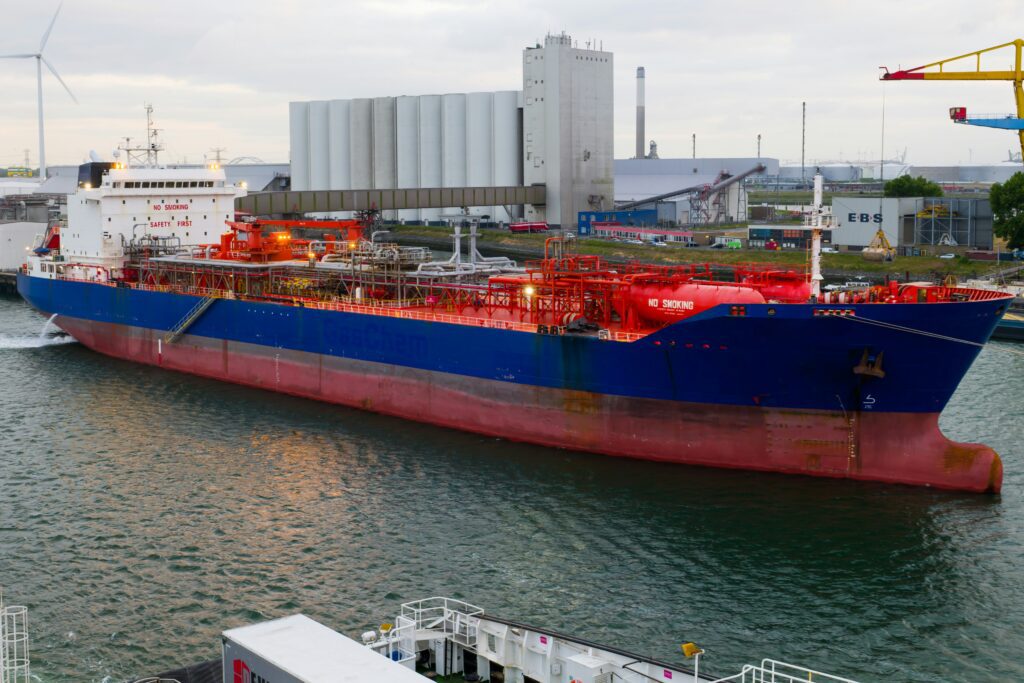Green vs. Blue Ammonia in Shipping: A Techno-Environmental Trade-off

As the global shipping industry sets its sights on a low-carbon future, alternative fuels have gained prominence. Among these, ammonia stands out for its zero-carbon combustion and compatibility with existing infrastructure. However, not all ammonia is created equal. The two primary types—green and blue ammonia—present a techno-environmental trade-off that is shaping the maritime fuel landscape. […]
Techno-Economic Analysis of Ammonia and Methanol as Future Bunker Fuels

Introduction The maritime industry is undergoing a historic transformation driven by regulatory pressure, stakeholder demands, and environmental urgency. With the International Maritime Organization (IMO) targeting a net-zero GHG emission target by 2050, traditional fossil-based bunker fuels are rapidly losing favor. Among the myriad of alternative marine fuels, ammonia and methanol have emerged as promising candidates […]
Comparative Study of Marine Biofuels: MGO, HVO, and FAME

Marine biofuels are increasingly being considered as viable alternatives to traditional fossil fuels in the maritime industry. The drive toward sustainability, coupled with stringent environmental regulations, has led to the exploration of various biofuel options. This article delves into three prominent types of marine biofuels: Marine Gas Oil (MGO), Hydrotreated Vegetable Oil (HVO), and Fatty […]
Investing in Green Bunker Infrastructure: Importance, Opportunities, and Challenges

The maritime industry, a critical component of global trade, is undergoing a transformative shift toward sustainability. As the world grapples with climate change and environmental degradation, the need for greener shipping practices has never been more urgent. Central to this transformation is the concept of “green bunkering”—the provision of alternative, environmentally friendly fuels for ships. […]
Biofuels: Understanding the Biofuel Feedstock

Key Factors for Feedstock Selection Selecting the right feedstock is crucial in biofuel production as it directly impacts the efficiency, sustainability, and economics of the process. Here are some key factors to consider when choosing a feedstock: Energy Content: The feedstock should have a high energy content per unit mass or volume to ensure that […]
Exploring the Variations and Impacts of Regional LNG Properties on Marine Fuel Efficiency and Environmental Compliance

Introduction Liquefied Natural Gas (LNG) has emerged as a promising alternative fuel for the maritime industry, driven by stringent environmental regulations and the need for cleaner energy sources. The properties of LNG can vary significantly depending on its origin, which in turn influences its suitability and performance as a marine fuel. This article delves into […]
Advanced AI Techniques for Leak Detection and Prevention in LPG Bunkering Pipelines

Introduction: The global energy landscape is constantly evolving, with liquefied petroleum gas (LPG) playing a pivotal role as a clean and efficient fuel source. As the demand for LPG continues to rise, the transportation and distribution of this valuable resource through an intricate network of pipelines has become a critical concern. However, the risk of […]
Unlocking Potential: Zero Carbon Bunker Fuels

In the quest for a sustainable future for the maritime industry, the development of zero-carbon bunker fuels has emerged as a critical imperative. As the world grapples with the pressing challenge of climate change, the shipping sector is actively exploring innovative solutions to reduce its carbon footprint and pave the way for a greener, more […]
Comparative Study Biofuels and Conventional Fuel: Analysing the Engine Performance

Introduction Comparing biofuels and regular fuels involves discussing the key differences and consequences of using biofuels instead of fossil fuels. Biofuels, originating from biomass such as plants and animals, offer a sustainable alternative with reduced environmental repercussions compared to finite fossil fuels. Ethanol and biodiesel stand out as prominent examples of biofuels, boasting advantages like […]
Exploring the Fundamental Differences Between Dual Fuel and Conventional Engines

Introduction The maritime industry faces a crucial moment as it seeks propulsion solutions balancing tradition and innovation, with shipowners increasingly prioritizing performance, efficiency, and environmental responsibility. While conventional ship engines have long been the standard, the emergence of dual fuel technology presents a promising alternative, offering enhanced flexibility and sustainability. This article delves into the […]

